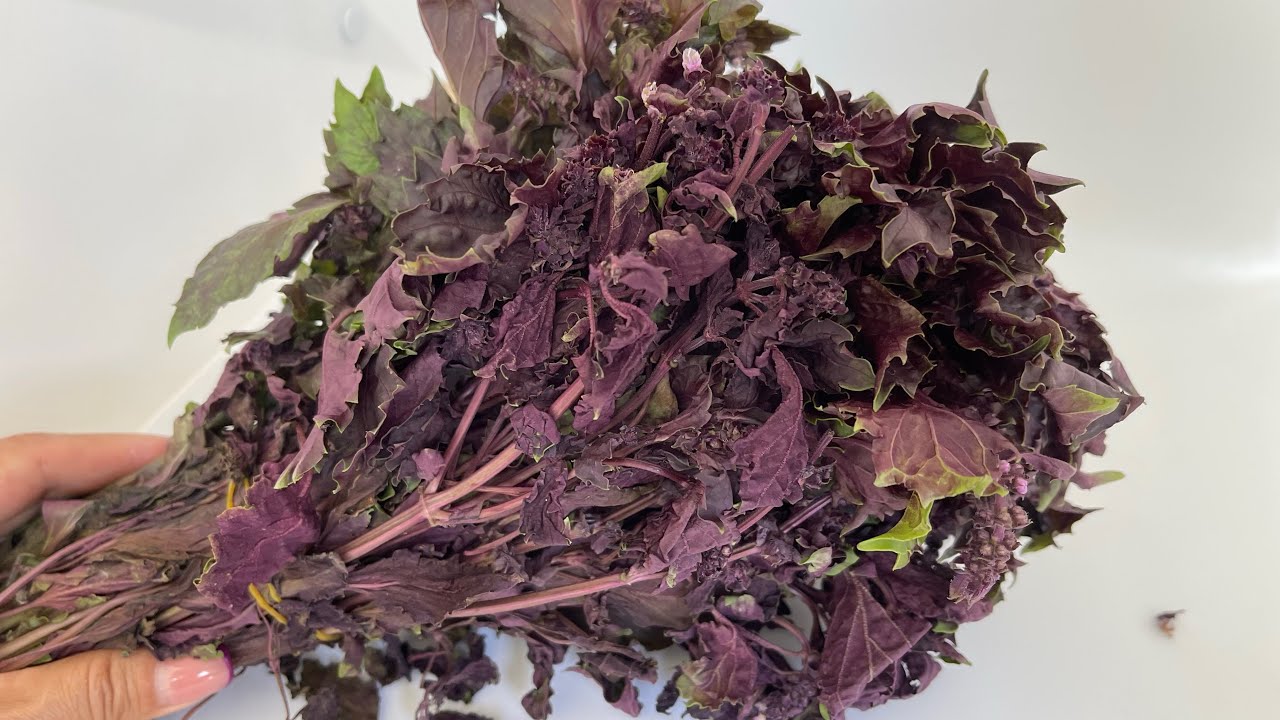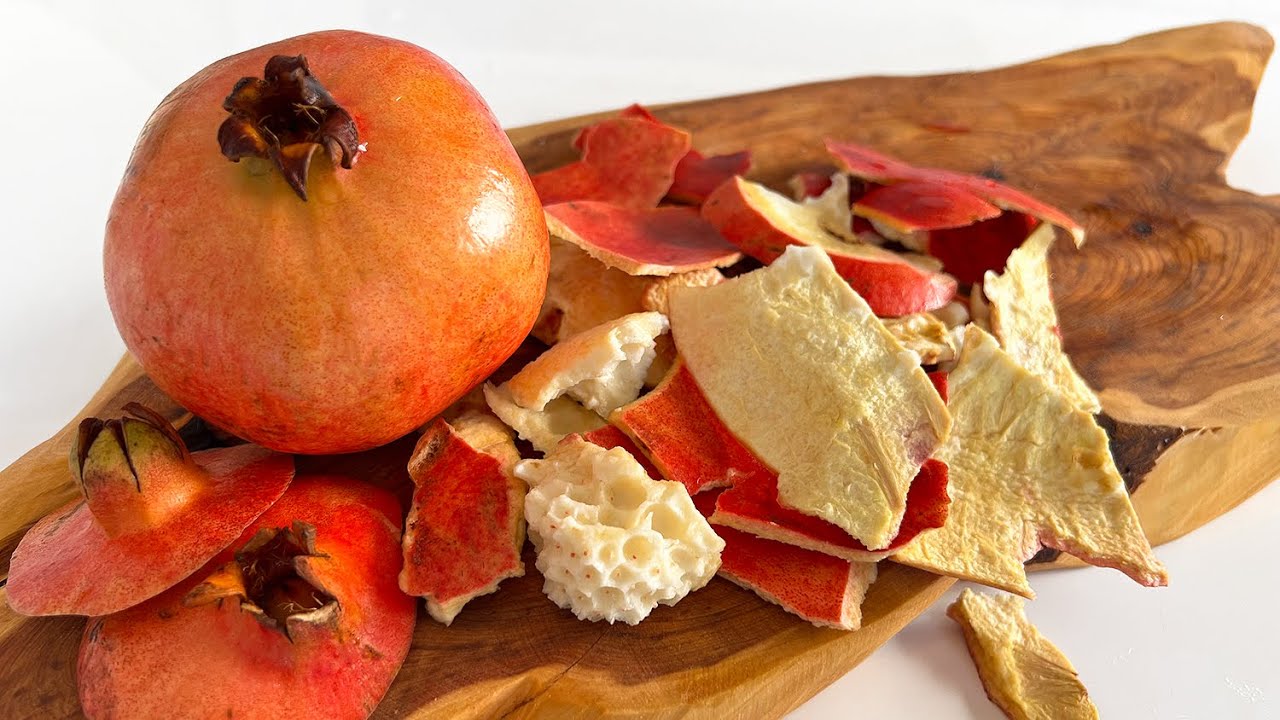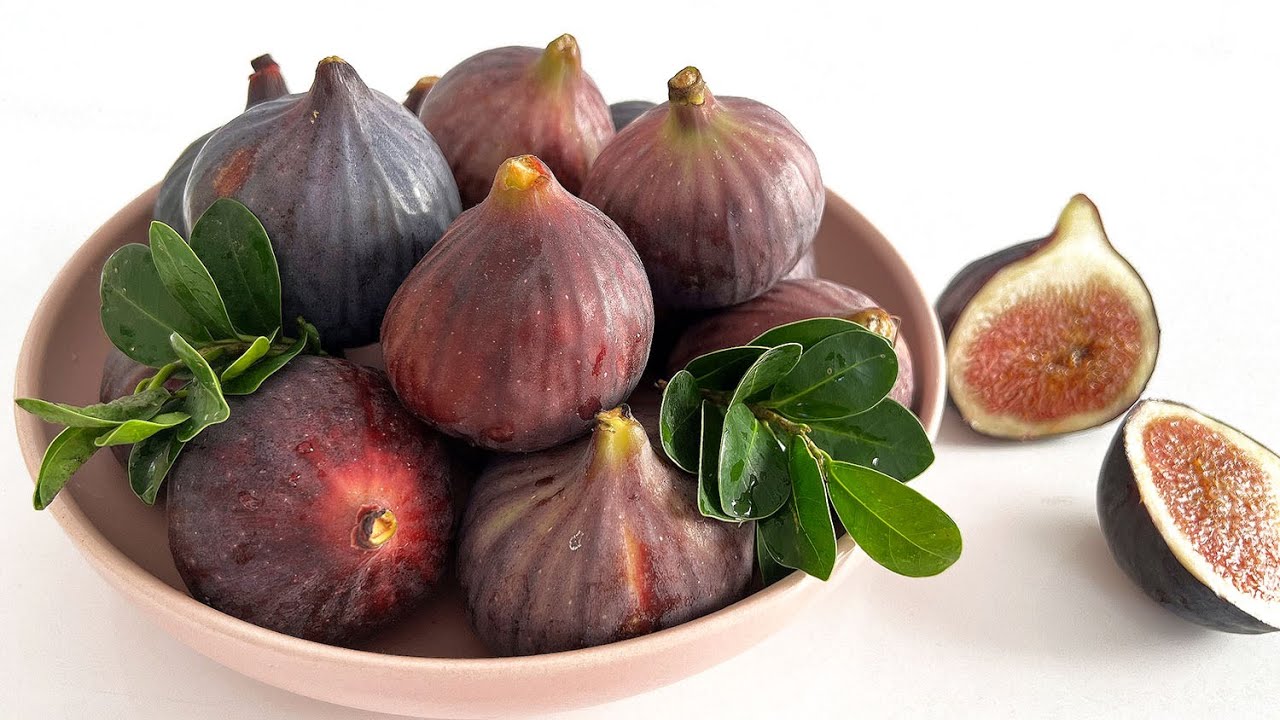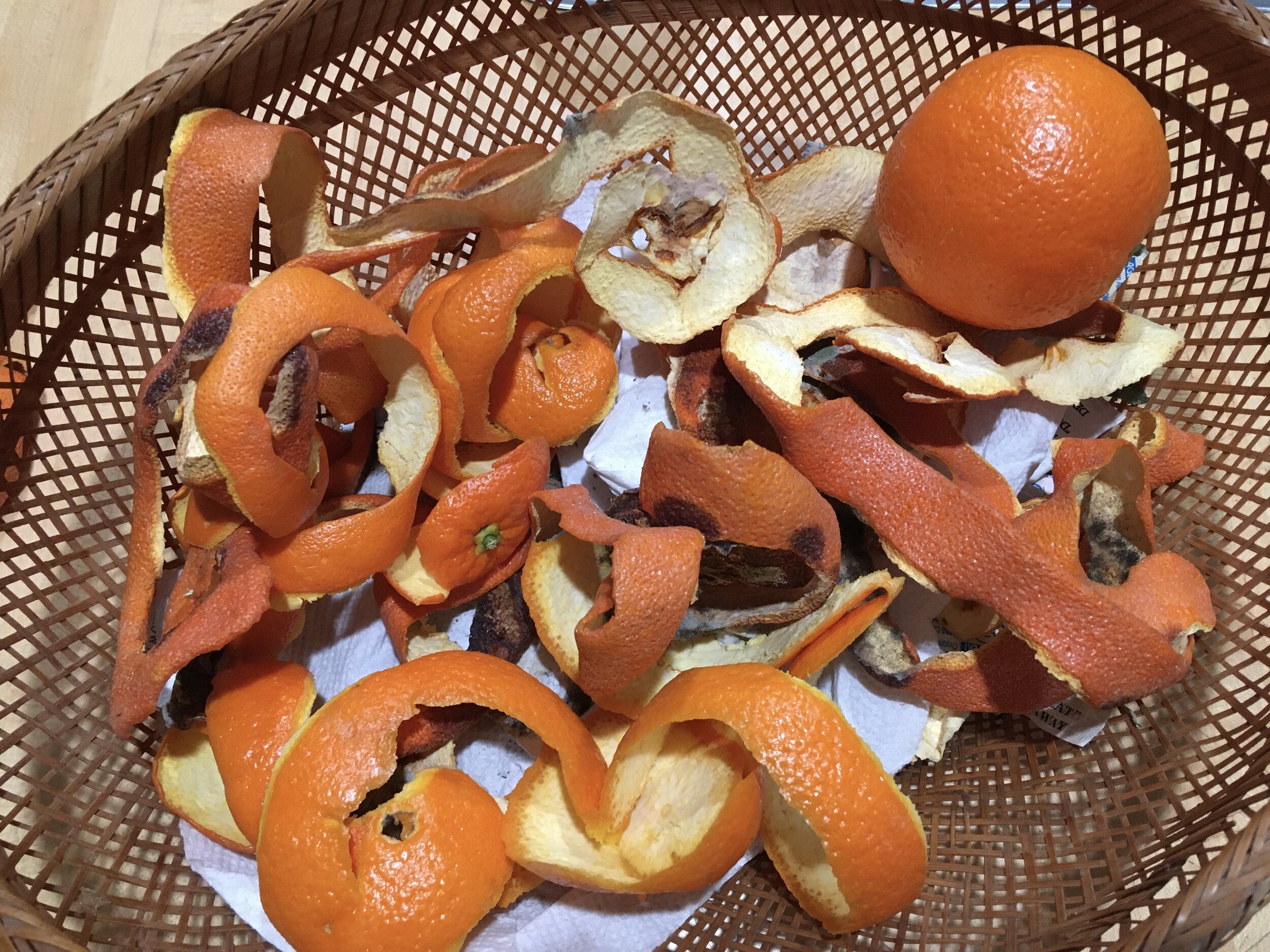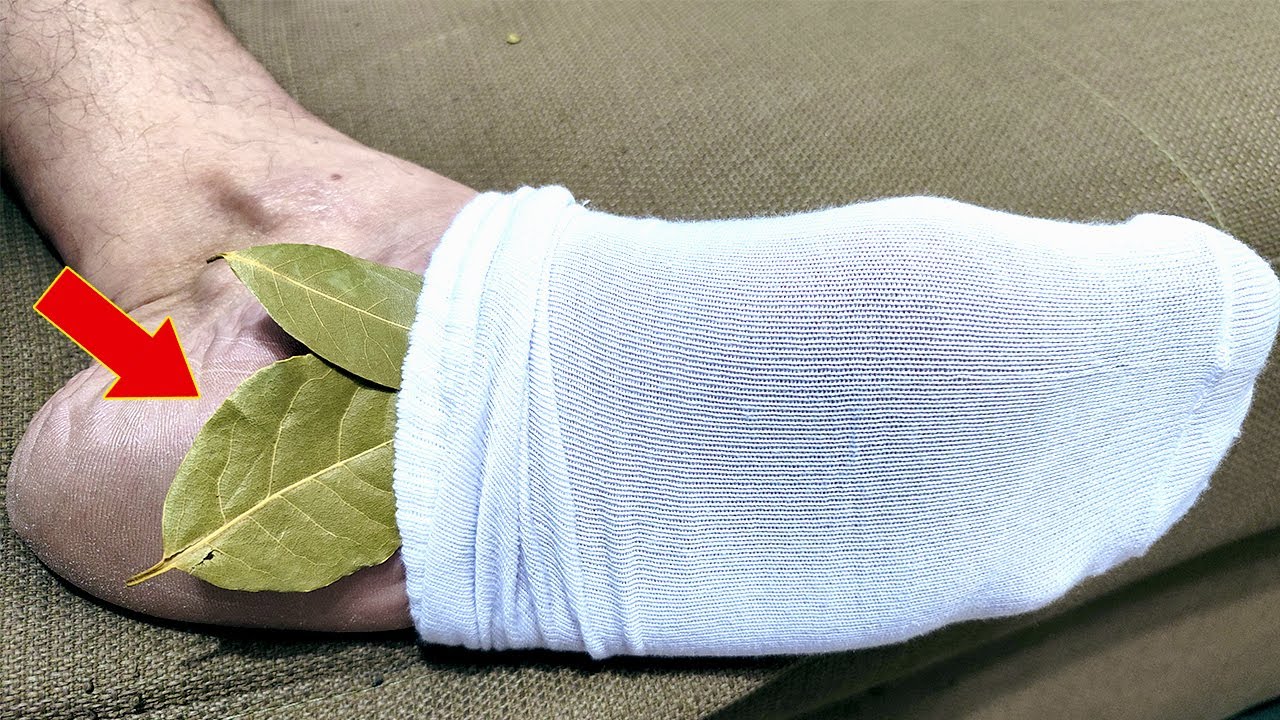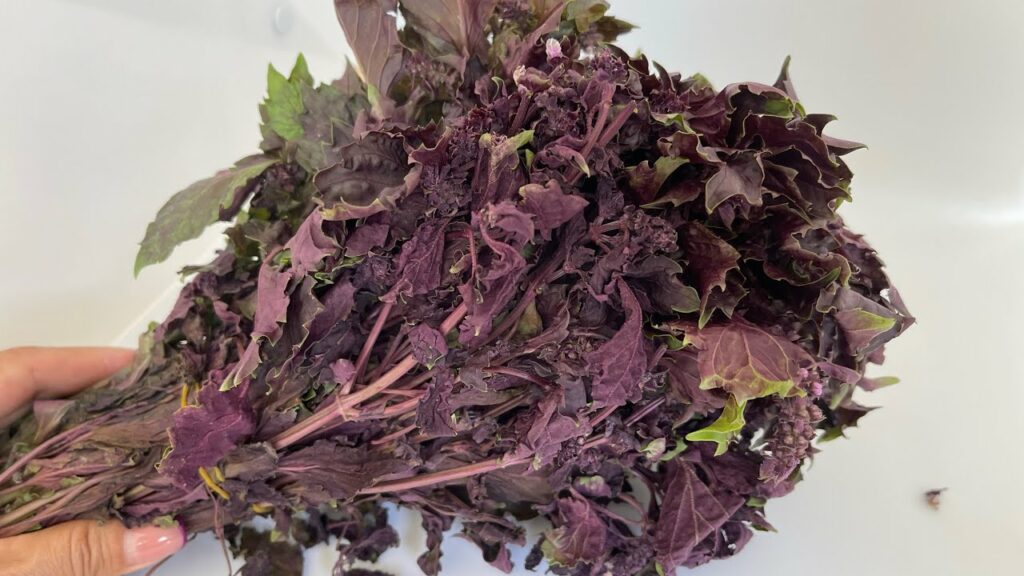
Basil isn’t just a key ingredient in your favorite pesto or a garnish on your pasta dish; it’s a herb with a rich history and a plethora of health benefits that many are yet to discover. Beyond its delightful flavor and aroma, basil harbors medicinal properties that can transform your health regimen. Here are some lesser-known, miraculous benefits of the basil plant.
Antioxidant Powerhouse
Basil is loaded with antioxidants, which protect your cells against free radical damage. This includes the powerful antioxidants like orientin and viceninare, which help safeguard cellular structures and DNA. Regular consumption of basil can enhance your body’s natural defense system against oxidative stress and aging.
Natural Adaptogen
Basil, particularly holy basil or Tulsi, is considered an adaptogen. Adaptogens are herbs that help manage and adapt the body’s response to stress and changing environments. Consuming basil can improve stress response, elevate mood, and promote mental well-being.
Anti-inflammatory Properties
The essential oils in basil, such as eugenol, linalool, and citronellol, have potent anti-inflammatory properties. These compounds help lower inflammation, reducing the risk of inflammatory diseases and benefiting those with arthritis and inflammatory bowel conditions.
Supports Liver Health
Basil can enhance liver function and help detoxify the body. Studies have suggested that basil can help prevent fat buildup in the liver, making it a valuable herb for maintaining liver health and enhancing metabolic processes.
Antimicrobial Effects
Basil’s essential oils are also known for their antimicrobial properties. They can fight a wide range of bacteria, yeasts, molds, and viruses. This makes basil a practical addition to natural cleansing products and a useful herb for boosting immune health.
Cardiovascular Benefits
Basil can contribute to cardiovascular health by helping to control blood lipid levels and prevent cholesterol buildup. Its anti-inflammatory properties also help reduce the risk of atherosclerosis, which is the buildup of cholesterol, fats, and other substances in and on your artery walls.
How to Incorporate Basil into Your Diet
-
Fresh Leaves: Add fresh basil leaves to salads, sandwiches, and wraps to enhance flavor and nutritional value.
-
Tea: Steep dried basil leaves in hot water to make a soothing herbal tea.
-
Pesto: Use basil to make a homemade pesto that can be added to pastas and soups or used as a spread.
-
Infused Water: Add fresh basil leaves to your water along with fruits like lemon and strawberry for a refreshing and healthful drink.
Conclusion
The benefits of basil go far beyond its culinary uses. With its stress-reducing, anti-inflammatory, and antioxidant properties, basil presents itself as a truly miraculous herb. By incorporating more basil into your diet, you’re not just spicing up your meals—you’re also enhancing your health in a myriad of beneficial ways.
